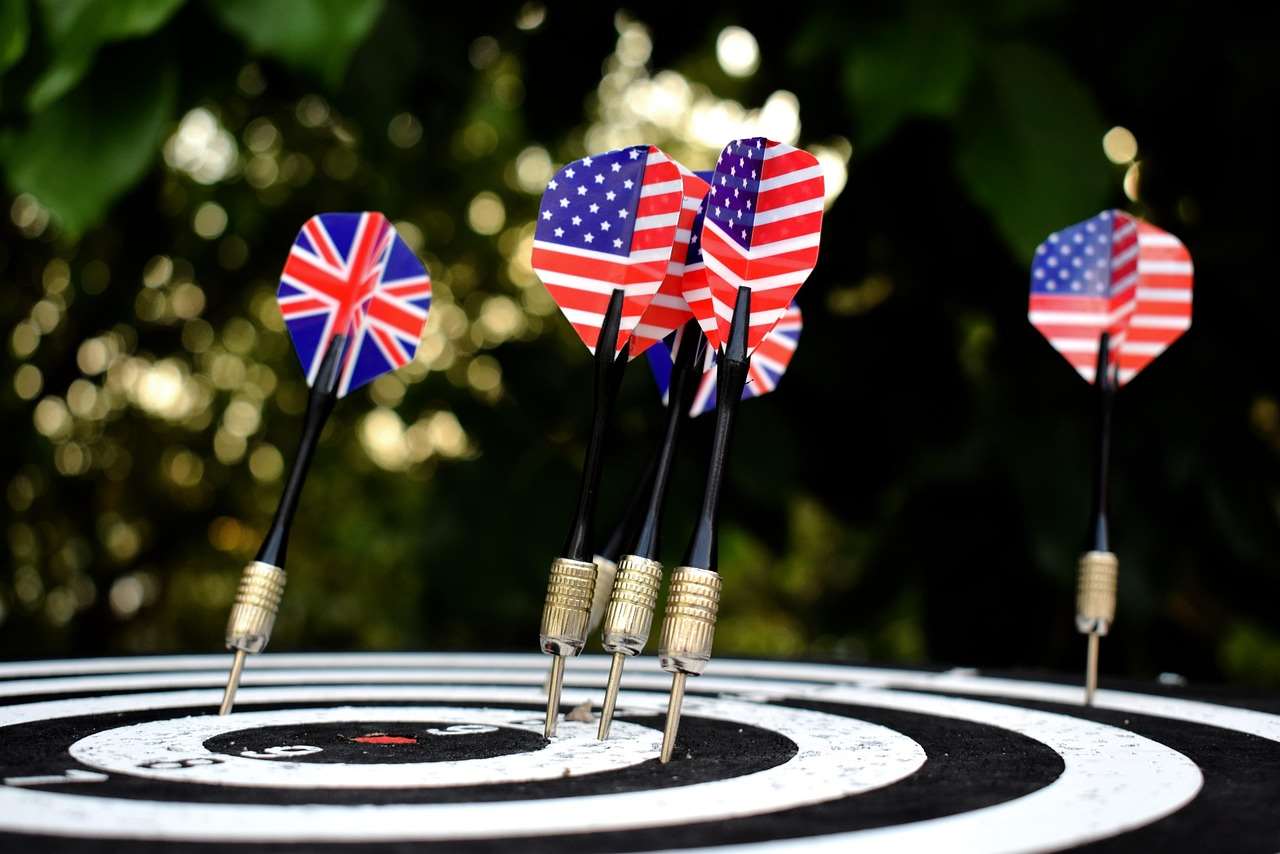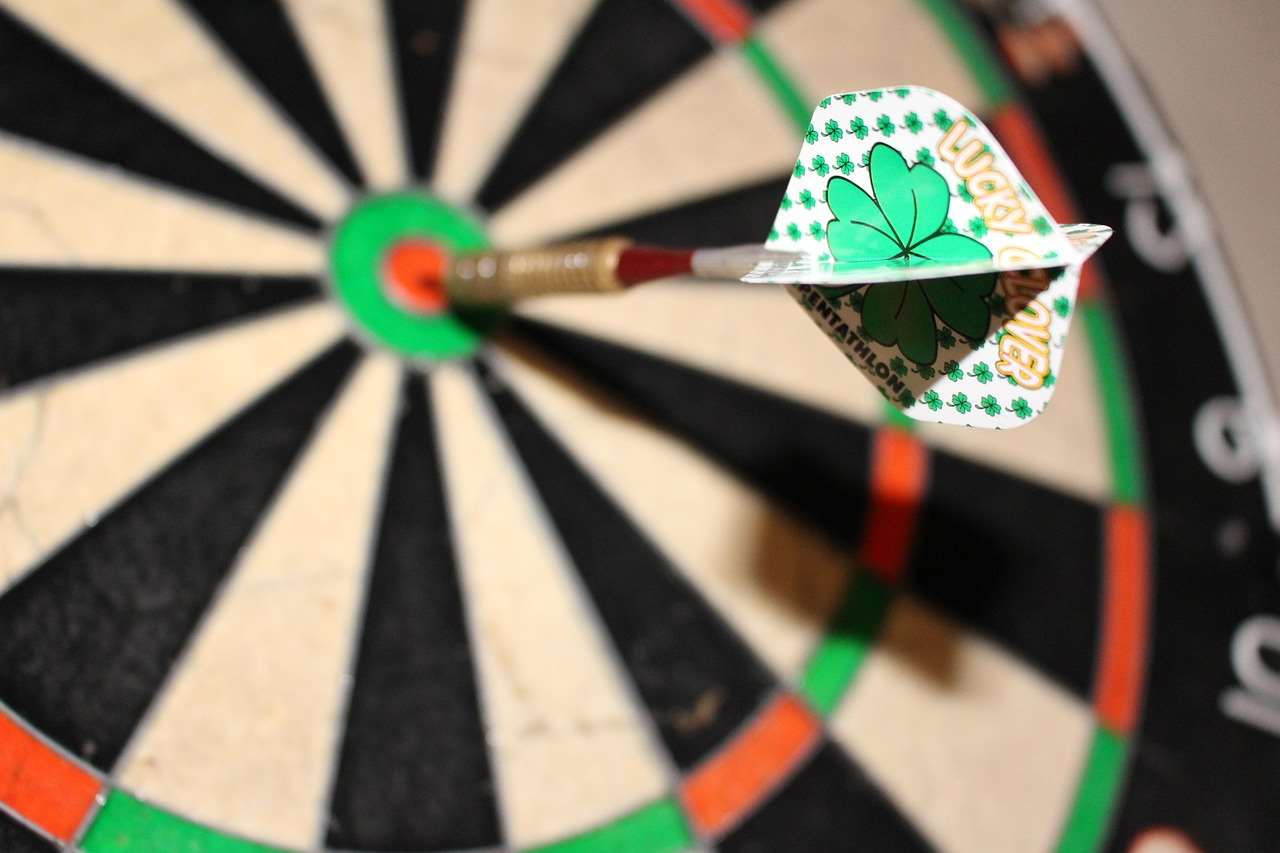The relationship between alcohol and professional darts is complex. While some might associate social darts with casual drinking, for professional players, alcohol consumption is generally minimized due to its detrimental effects on performance. This article will explore the impact of alcohol on professional dart players, examining the reasons for avoiding excessive alcohol intake and offering insights into maintaining a healthy lifestyle for optimal performance. We’ll also delve into training strategies, common injuries, and the importance of mental fortitude in professional darts.
⚠️ Still Using Pen & Paper (or a Chalkboard)?! ⚠️
Step into the future! The Dart Counter App handles all the scoring, suggests checkouts, and tracks your stats automatically. It's easier than you think!
Try the Smart Dart Counter App FREE!Ready for an upgrade? Click above!
The pressure to perform at the highest level in professional darts means that players must be acutely aware of how their lifestyle choices impact their game. Maintaining peak physical and mental condition requires discipline and careful consideration of every element, including diet, sleep, and, critically, alcohol consumption. Alcohol and professional darts do not mix well for top-tier competition.
Alcohol and Professional Darts: The Performance Impact
Alcohol significantly impacts various aspects of a professional dart player’s performance. Firstly, it impairs hand-eye coordination, a fundamental skill for accurate throws. The subtle movements required for consistent accuracy are severely compromised by even moderate alcohol consumption. This can lead to missed doubles, reduced scoring averages, and ultimately, loss of matches. 
Secondly, alcohol affects reaction time. Professional darts demands lightning-fast reflexes, especially in pressure situations like crucial legs or sudden death. Alcohol slows down these reflexes, hindering the ability to respond quickly to the dartboard and opponent’s actions. This delay, even in milliseconds, can be the difference between winning and losing. To maintain a sharp mind, it is important to know how to manage fatigue and post match recovery strategies.
Beyond the physical effects, alcohol also impacts mental performance. It can cloud judgment, reduce focus, and increase anxiety. For a professional dart player, the ability to maintain composure and mental strength under pressure is paramount. Alcohol can undermine this ability, leading to poor decision-making and increased susceptibility to errors.
The Mental Game: Alcohol and Dart Anxiety
The mental aspect of professional darts is often overlooked, but it’s equally as crucial as physical skill. Alcohol and dart anxiety are linked; while some might believe alcohol can relax nerves, it actually exacerbates anxiety in the long run. It can lead to a vicious cycle where players turn to alcohol to cope with performance pressure, only to find that it further impairs their ability to perform. Learning to manage anxiety through alternative methods, such as meditation or mindfulness techniques, is far more beneficial for a player’s long-term success. This is particularly crucial given the pressures of maintaining a professional dart career.
Maintaining a Healthy Lifestyle for Professional Darts
A healthy lifestyle is essential for professional dart players seeking to maintain peak performance and extend their careers. This includes a balanced diet, regular exercise, adequate sleep, and, critically, minimizing alcohol consumption. 
Darts Fitness Health goes far beyond just throwing darts. Regular physical activity is vital for improving stamina, reaction time, and hand-eye coordination. A workout regimen focused on strength training, cardiovascular fitness, and flexibility exercises can significantly enhance a player’s overall performance on the oche. Focusing on improve dart endurance is important for longer matches.
- Strength training: Focus on exercises that strengthen the shoulder, arm, and core muscles.
- Cardiovascular fitness: Engage in activities like running, swimming, or cycling to improve stamina and reaction time.
- Flexibility exercises: Yoga and stretching can improve range of motion and prevent injuries like golfer’s elbow.
Regular and high-quality sleep is equally vital. Sufficient rest allows the body to repair and rebuild, crucial for recovery after intensive training sessions or matches. Chronic sleep deprivation compromises performance in numerous ways, exacerbating the negative effects of alcohol on the body. This ties directly into the need for fatigue and hydration strategies darts, alongside ensuring healthy lifestyle and fatigue management darts.
Common Injuries and Prevention in Professional Darts
Professional dart players are susceptible to specific injuries due to the repetitive nature of the sport. Avoiding golfers elbow darts is a primary concern, as is carpal tunnel syndrome and other wrist and arm ailments. Proper technique, regular stretching, and strength training are crucial for injury prevention. 
Regular physical therapy and consultation with sports medicine professionals can significantly aid in injury prevention and recovery. Players should prioritize their health and actively seek professional guidance to address any emerging issues promptly. This holistic approach ensures longer and more successful careers. Maintaining good eye care recommendations dart players is also important to avoid strain.
The Social Side of Professional Darts and Responsible Alcohol Consumption
While the professional arena demands strict discipline regarding alcohol, the social aspect of darts is undeniable. Many players enjoy socializing with colleagues and fans after matches or tournaments. The key is practicing responsible alcohol consumption. 
Moderation is essential. Limiting alcohol intake to social occasions and adhering to responsible drinking guidelines can prevent detrimental effects on performance and overall well-being. It’s crucial to remember that the social benefits of darts are often enhanced by responsible, healthy lifestyle choices.
Players should prioritize their well-being and be mindful of the balance between social activities and the demands of their professional careers. Maintaining a robust training regime, including stamina breathing for darts, alongside a healthy lifestyle contributes to overall success.
Training Volume and Recovery: A Balancing Act
The intensity of training for professional darts is often underestimated. Finding the optimal training volume for long matches is critical for peak performance. Overtraining leads to fatigue, increased injury risk, and reduced performance, which can be exacerbated by alcohol consumption. 
Understanding your body’s limits and incorporating adequate rest and recovery into your training schedule is vital. This includes allowing for sufficient time for muscle repair and mental rejuvenation. This is where fatigue and post match recovery strategies are crucial, and are significantly undermined by alcohol use.
Conclusion: A Professional Approach to Alcohol and Professional Darts
The impact of alcohol on professional darts performance is significant. While social aspects are important, responsible consumption is paramount. Prioritizing a healthy lifestyle—including regular exercise, a balanced diet, sufficient sleep, and minimal alcohol—is essential for sustained success. Remember to consult professionals for advice on injury prevention, training regimes, and managing any mental health concerns that might arise. A holistic and responsible approach is key to achieving your full potential in professional darts.
For more insights on improving your game, explore resources on fatigue and post match recovery strategies, healthy lifestyle and fatigue management darts, and alcohol and dart anxiety. Remember, maintaining peak performance is about more than just skill; it’s about holistic well-being. Learn to manage your physical and mental health to achieve consistent success. You can also check out resources on Darts Fitness Health and improve dart endurance to boost your game further. Consider also exploring avoiding golfers elbow darts.
Hi, I’m Dieter, and I created Dartcounter (Dartcounterapp.com). My motivation wasn’t being a darts expert – quite the opposite! When I first started playing, I loved the game but found keeping accurate scores and tracking stats difficult and distracting.
I figured I couldn’t be the only one struggling with this. So, I decided to build a solution: an easy-to-use application that everyone, no matter their experience level, could use to manage scoring effortlessly.
My goal for Dartcounter was simple: let the app handle the numbers – the scoring, the averages, the stats, even checkout suggestions – so players could focus purely on their throw and enjoying the game. It began as a way to solve my own beginner’s problem, and I’m thrilled it has grown into a helpful tool for the wider darts community.